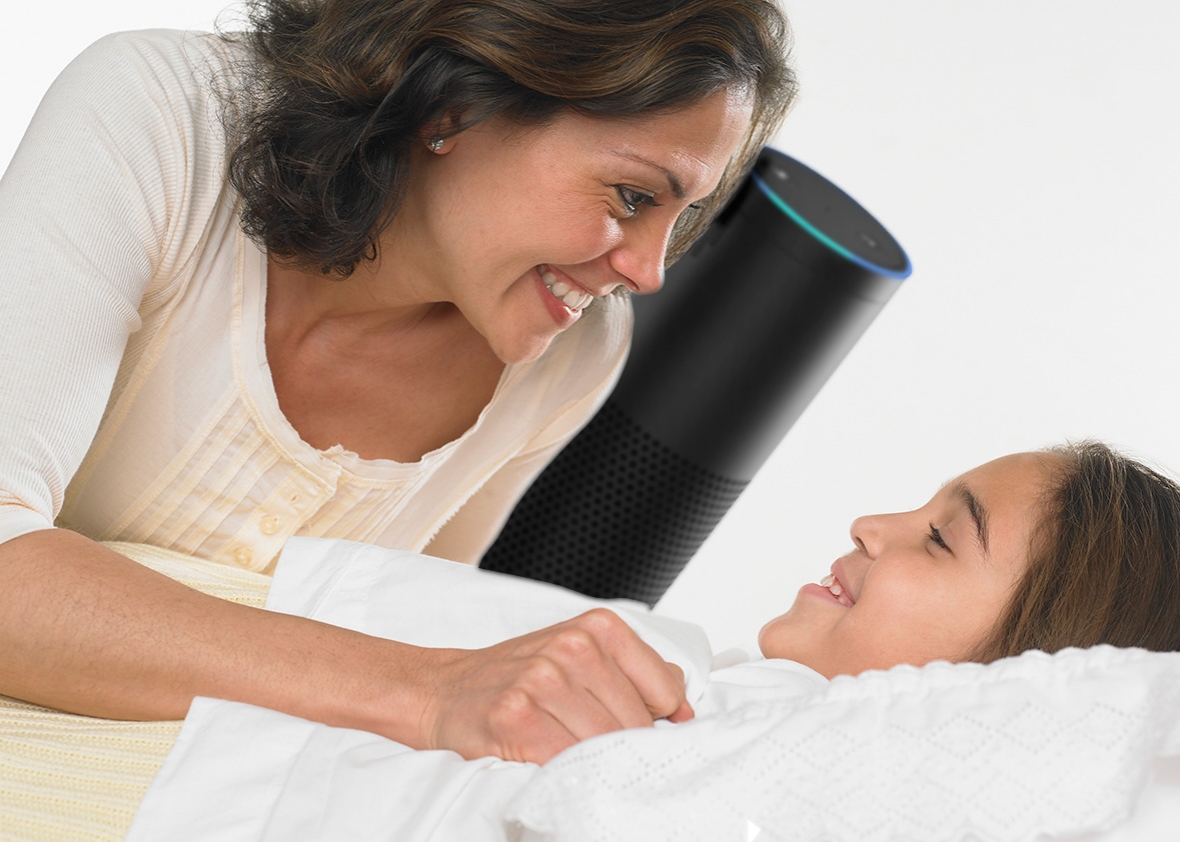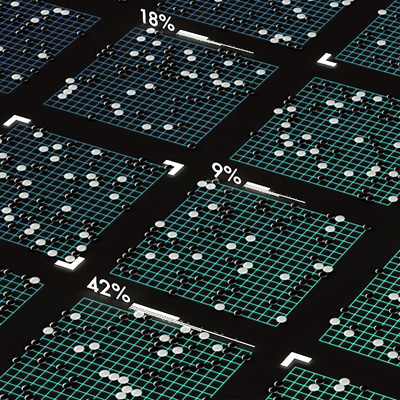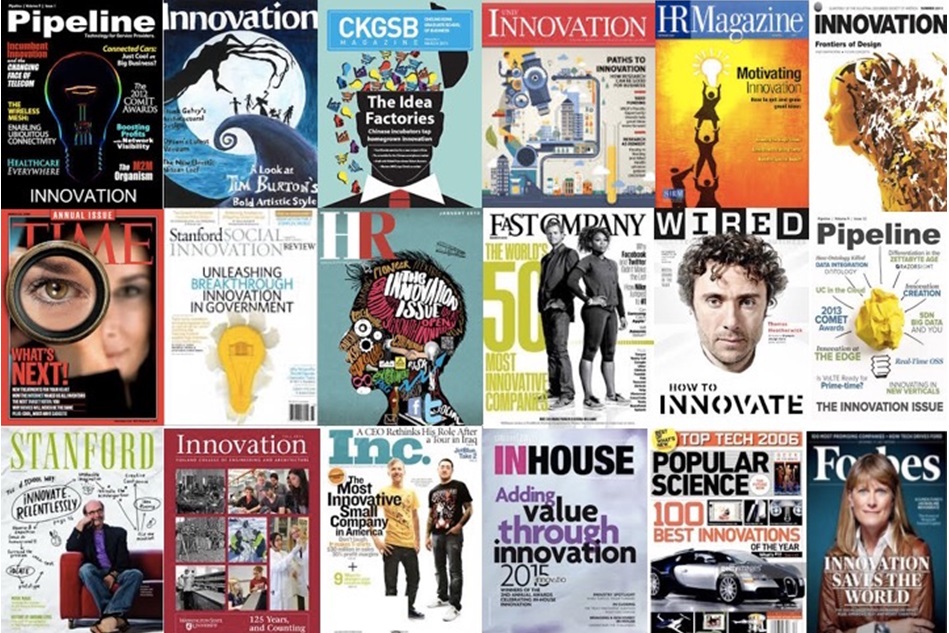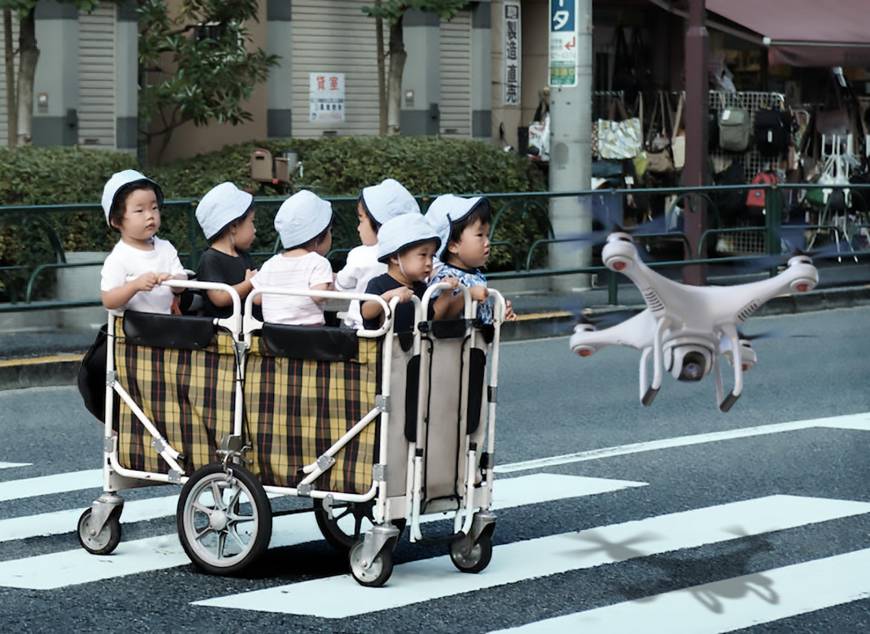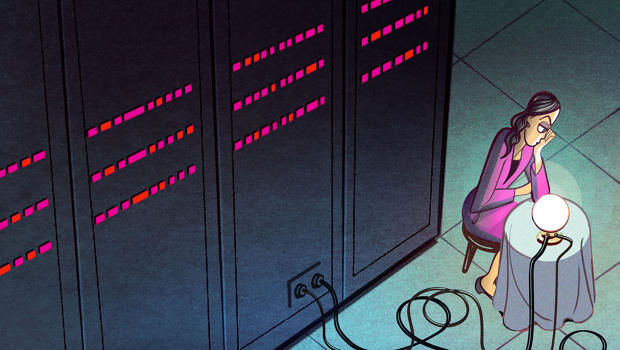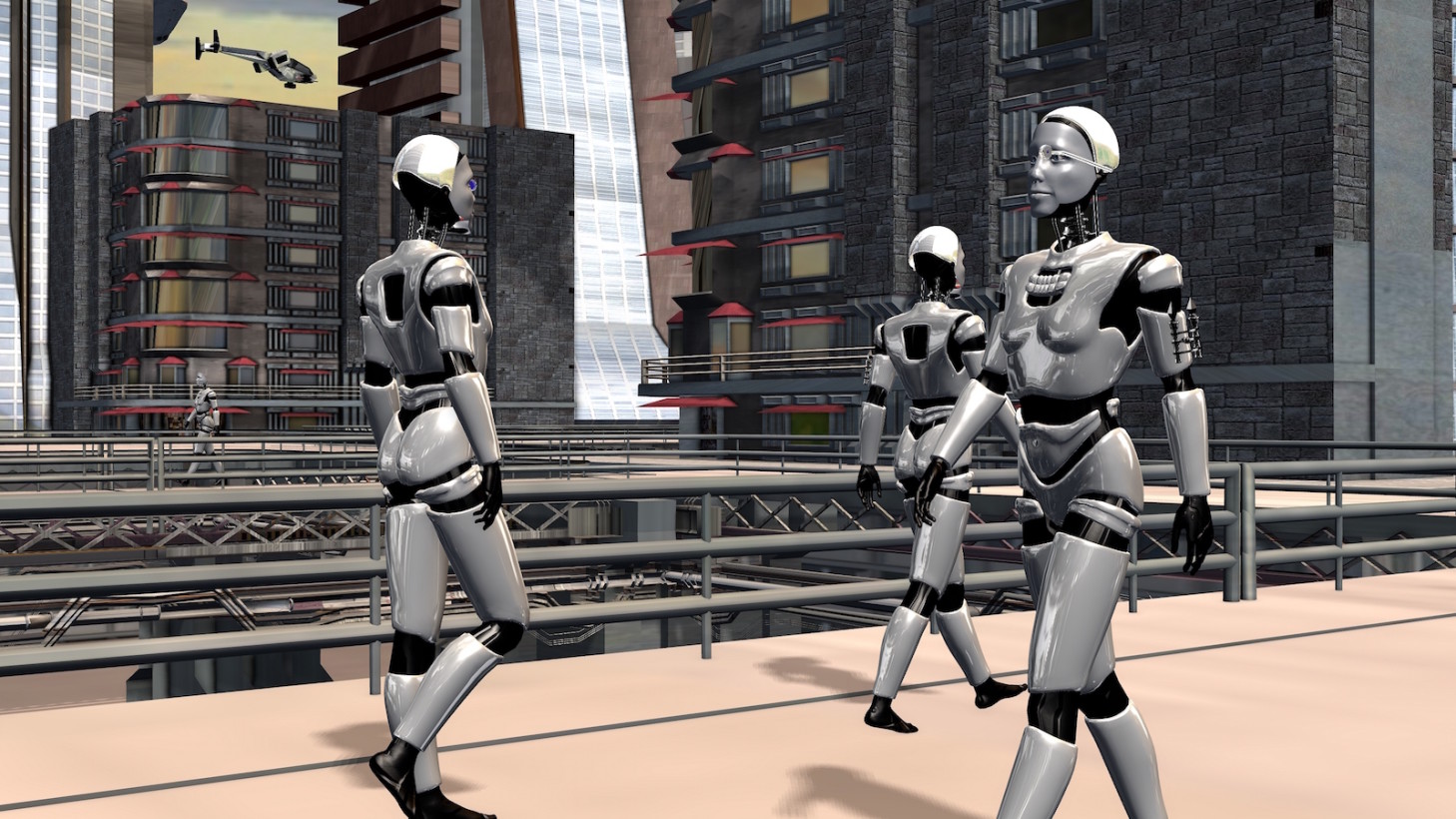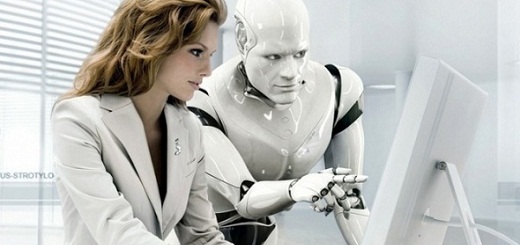“Alexa—and Siri and Cortana and all of the other virtual assistants that now populate our computers, phones, and living rooms—are just beginning to insinuate themselves, sometimes stealthily, sometimes overtly, and sometimes a tad creepily, into the rhythms of our daily lives. As they grow smarter and more capable, they will routinely surprise us by making our lives easier, and we’ll steadily become more reliant on them.”
Source: Alexa, Cortana, and Siri aren’t novelties anymore. They’re our terrifyingly convenient future.
